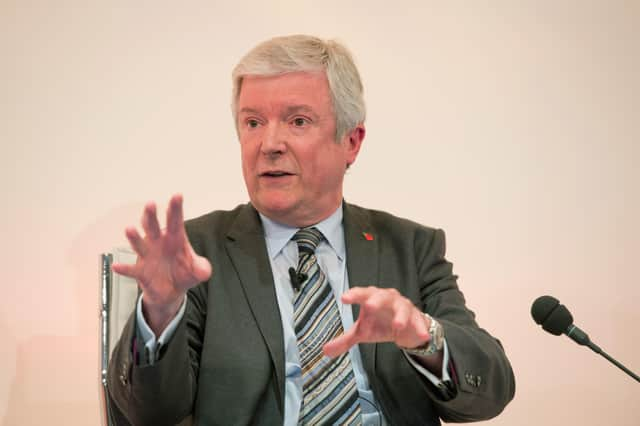YP Comment


BBC bosses told MPs yesterday that such a move would be “highly unlikely”, with a specialist team being set up to ensure enforcement action can be avoided if possible.
While this appears laudable, it does give rise to a situation where younger people who have been taken to court for the same matter may soon be questioning why they were not offered the same treatment.
Advertisement
Hide AdAdvertisement
Hide AdTo avoid such a tangled situation – especially in the context of the Government mooting the end of the licence fee and moving the BBC to a subscription model – it may actually be in the long-term interests of the corporation to reverse its decision to scrap free licences for the over-75s.
At a time when the BBC is facing competition like never before through the rise of services like Netflix, recognising the older viewers and listeners who have been by the side of the corporation throughout their lives with such a move would be a priceless gesture.